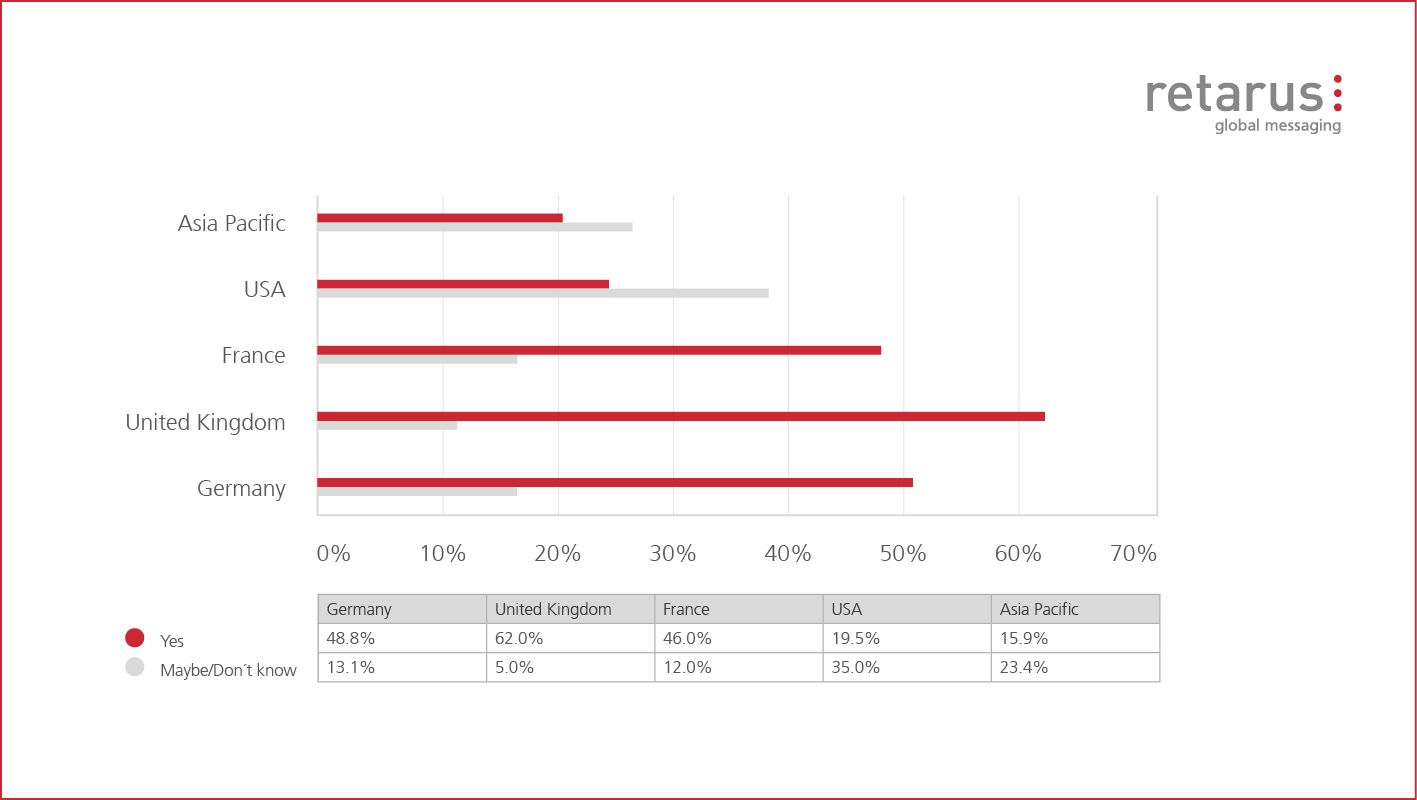As part of their digitalization strategy, a great number of companies worldwide are currently planning to consolidate their telephone systems and collaboration solutions to All IP. This process is being accelerated by the plans of numerous telecommunications providers to change their entire transmission technology over to IP-based data transmission. Migration to All IP offers businesses numerous advantages such as reducing costs, using services irrespective of location and administrating IP-based unified messaging solutions centrally and conveniently. Many companies are hardly aware of the complications, however, especially those related to fax transmission via IP infrastructures.
Limited bandwidth and loss of data packets
The available bandwidth plays a crucial role in the transmission of data via IP-based networks. It has to be large enough to transport all concurrent data streams successfully from sender to recipient. In a network, the effective bandwidth fluctuates constantly. If there is insufficient bandwidth, due for example to unforeseen peaks, it can result in packet loss. In the transmission of voice messages, for instance in VoIP telephony, this barely makes a difference as a speech packet only contains about 20 to 30 milliseconds of spoken data which corresponds to just about one syllable. Besides, the human brain is able to compensate up to 5 percent of this information loss.
Faxing over IP (FoIP): Disruption and disconnection
By contrast, faxing over IP depends on the secure transmission of data packets as fax machines react sensitively to the loss of packets. Lacking data packets result in missing page sections and thus automatically lead to the entire page being requested again from the sender. The loss of just one percent of packets already has the effect of reducing the success rate for the transmission of a fax page to 80 percent. When dealing with high volume fax transmissions via IP, this can result in a huge loss of information and disconnections, causing substantial disruption to business critical communication.
Reliable fax communication from the cloud
To circumvent the difficulties posed by transmitting faxes over IP, an increasing number of businesses are relying on virtual fax connections in the data centers of external service providers. In this case, the company’s network, including telephones, computers and fax machines, is connected via the internet with a cloud telecommunications system. This means that the fax transmission no longer takes place via the IP infrastructure of the telephone service provider, but rather directly via the cloud or internet fax infrastructure of the service provider. Service providers such as Retarus are able to dimension their connections to the telephone companies in such a way as to guarantee that 100% bandwidth is available at all times. This ensures that even during peak loads no bottlenecks occur, preventing the resulting loss of data packets. Cloud fax services also offer the utmost failure safety and transaction security at all times. They can be employed independently of the IP provider or as a component in a unified communications solution, without needing to go to all the effort and expense of integrating it into an existing telecommunications solution. This precludes the need for a company to operate its own fax infrastructure, allowing them to save on the costly maintenance, updates and licenses that go hand in hand with running an on-premise system.
Discover more details about the change from fax communication to All-IP fax and the Retarus Cloud Fax Services here or from your local Retarus contact person.




